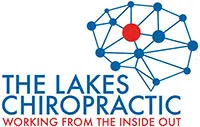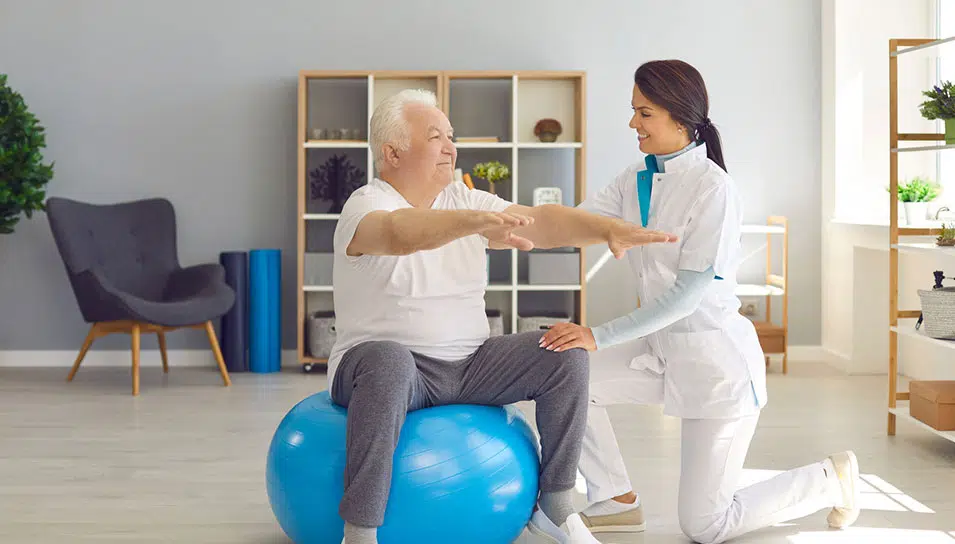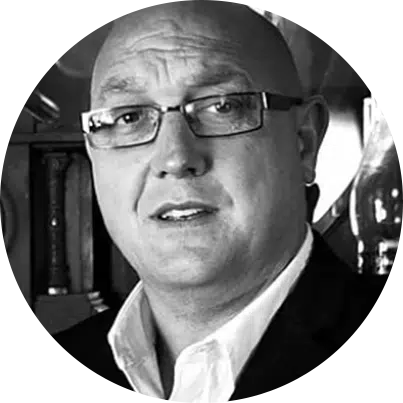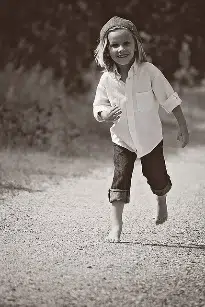
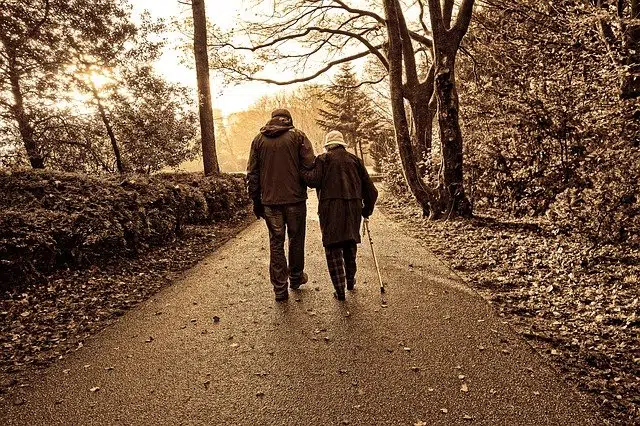
There are three systems that create the postural drive.
1. Visual; this identifies where you are in your surroundings, and what obstacles are there. Crowded shopping mall, busy footpath, stairs, slippery path, moving from bright daylight to a dark room.
2. Vestibular(balance); This mechanism determines how you are positioned relative to gravity. Are you leaning forward, bending forward, standing up straight, turning your head or turning body? Are leaning or moving outside the limits of your stability, are you near falling?
3. Proprioception; Is information from how the ankle, knee, hip lower and lower back are moving, also it informs how the head is moving relative to the trunk of your body. Muscle spindles and receptors in the skin become vital for creating the unconscious mental picture of how your joints are moving, what the surface is under your feet, have you slipped a bit.
